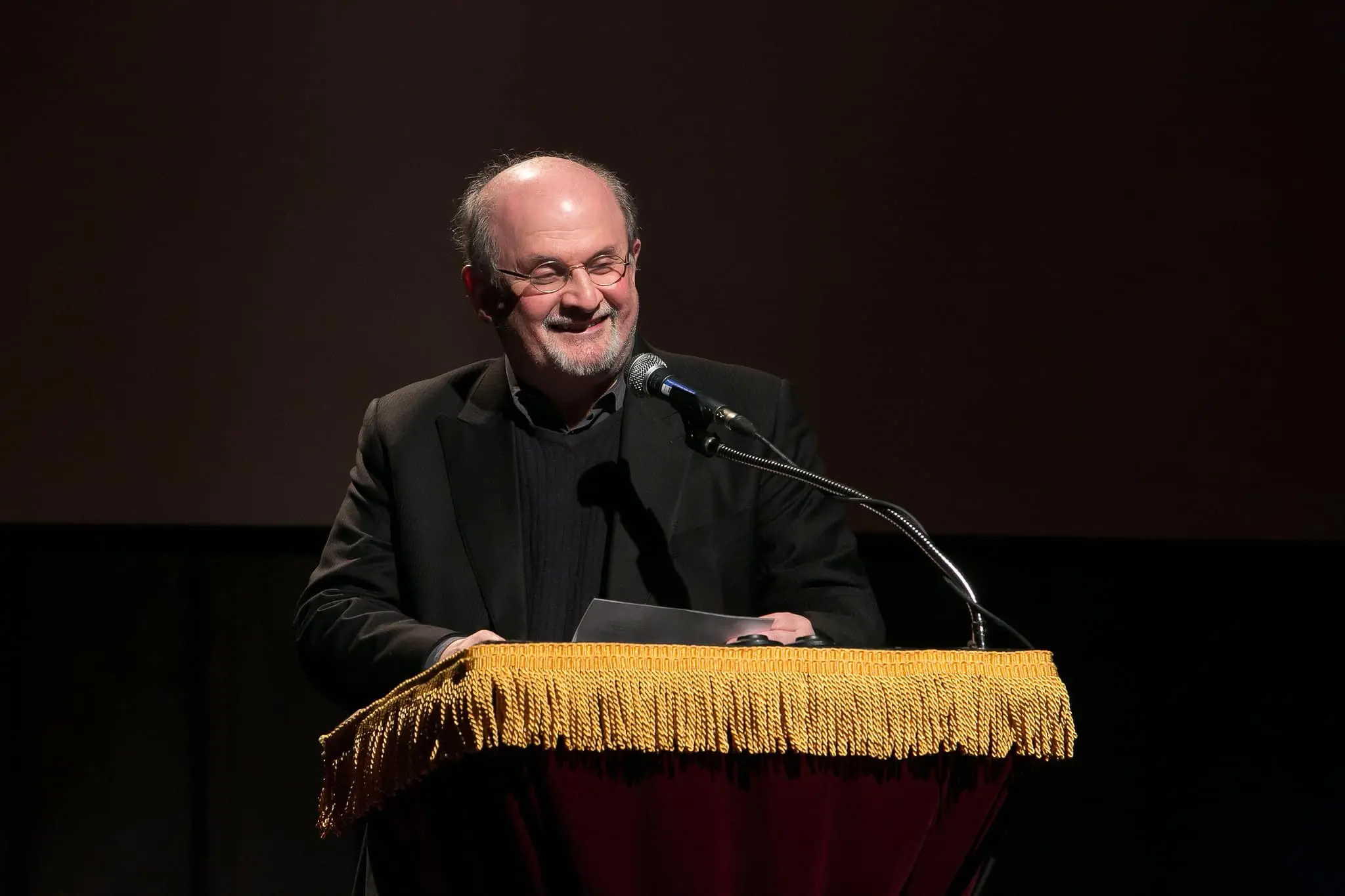Roosters singing, fresh cool air, doves and finches chirping, lush green trees extending miles in all directions and the gigantic La Selle Mountains in the background create the scenic yet serene space that the PEN Haiti Center occupies in the elevated lands of Thomassin 32, a commune of Pétion-Ville located in the western part of Port-au-Prince. Its Residence Georges Anglades “House of Literature” is a vibrant creative epicenter like none other in the country, where countless youth (high school and university students), young professionals, and artists of all kinds—including novelists, poets, musicians, and visual artists—come throughout the year. They gather to meet one another, to learn, and to explore their deep sense of purpose in catalyzing a future of greater hope for the Haitian people despite persistent political and economic challenges. As the PEN Haiti Fellow appointed by the PEN America Development Fellowship Program, supported by the Jerome L. Greene Foundation, I’ve been working to optimize, professionalize, and bring innovation to PEN Haiti’s infrastructure in order to ensure its long-term sustainability.
As with the other 140 PEN centers around the world, the PEN Haiti Center is an organization that defends free expression and celebrates literature and creativity. Despite all the challenges it faces, I firmly believe that PEN Haiti is playing a key role in the development of this country, one not seen before. The PEN Haiti Secretariat has been working assiduously to promote an alternative form of education directly tied to Haiti’s rich literary traditions, one that is often not taught in the conventional Haitian classroom.
Strengthening and enlarging an effective PEN Province Network are the measures by which PEN Haiti will judge its success. PEN Haiti’s annual Young Writers Residency Program in Thomassin will occur in August 2016. Most writers for the residence are recruited from the provinces, and PEN Haiti’s annual Festival Liberez La Parole public programs serve audiences in Port-au-Prince, but also in cities of the PEN Provinces. This year the Festival will occur in St. Marc during the month of July 2016.
Photography by Patrice Dougé.
Visit PEN Haiti’s website, or follow them on Twitter or Facebook.
